- 10-04-2025 06:08
- 2810
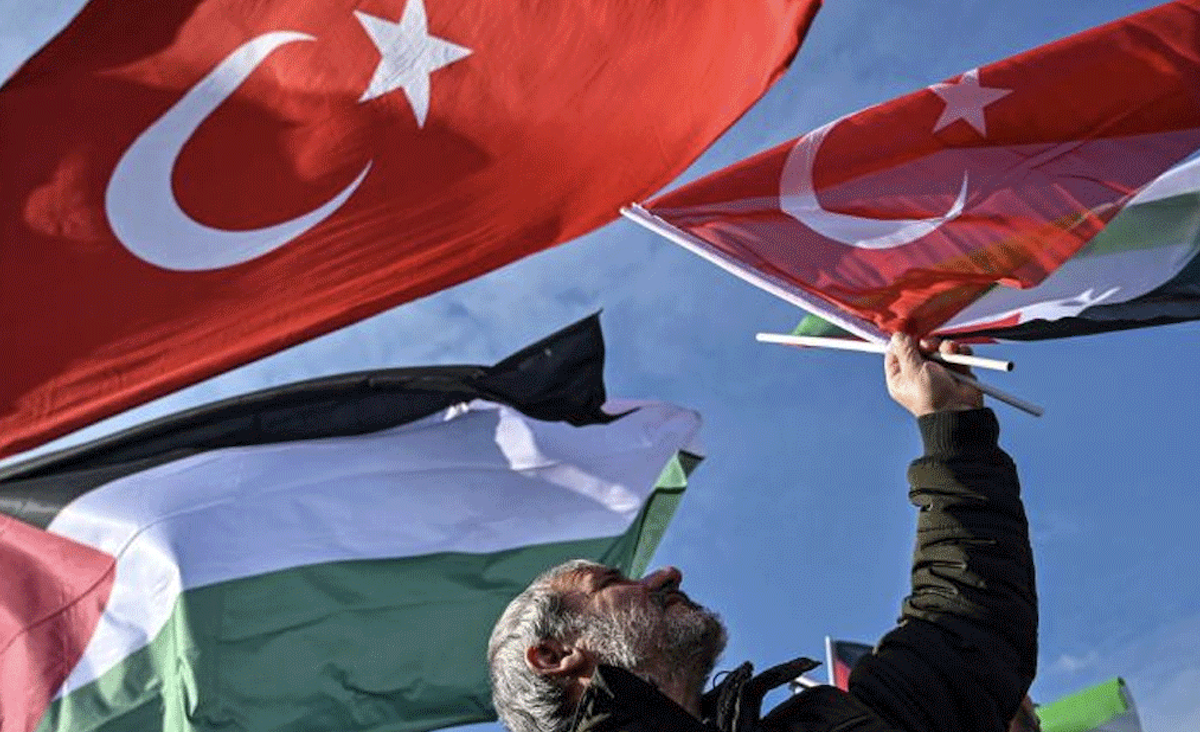
Merhametin Mirası: Anadolu Vakıf Kültüründen Gazze'ye Uzanan Bir Gönül Elçisi Atilla Kurt & The Legacy of Compassion: A Bridge of Heart from Anatolia’s Waqf Culture to Gaza – Atilla Kurt
(İki dilde yazılmıştır. “Merhametin dili vicdandır. (E.B)”…)
Tarih boyunca Anadolu, yalnızca medeniyetlerin değil, aynı zamanda merhametin de beşiği olmuştur. Bu topraklar, sadece taş üstüne taş koymakla değil; gönül üstüne gönül koymakla da anlam kazanmıştır. Anadolu insanı, ekmeğini bölüşmeyi, derdine derman olmayı ve mazluma kol kanat germeyi bir hayat düsturu edinmiştir. İşte bu anlayışın kurumsallaşmış hali ise “vakıf kültürü”dür.
Anadolu'nun Kalbindeki Merhamet: Vakıf Medeniyeti
Selçuklu’dan Osmanlı’ya, Anadolu’nun dört bir yanında kurulan vakıflar sadece cami, medrese, han ya da hamam inşa etmedi. Aynı zamanda; açları doyurdu, hastaları iyileştirdi, kimsesizlere yuva oldu, hatta kuşlara, karıncalara, kedilere bile rahmet dağıttı. “Sadaka-i cariye” anlayışıyla yapılan bu iyilikler, kıyamete kadar sürecek bir sevap zincirine dönüştü.
Bir Osmanlı belgesinde, “Her sabah güvercinlerin yemlenmesi için görevli bir hizmetkâr” kaydına rastlamak mümkündür. Ya da “Yaşlıların ellerinden tutup onları camiye götüren vakıf görevlisi”ne... Anadolu’da kurulan bu vakıflar; insanı sadece insan olduğu için seven, yaratılanı Yaratandan ötürü gözeten bir irfanın tezahürüdür.
Gazze: Merhametin Sınandığı Coğrafya
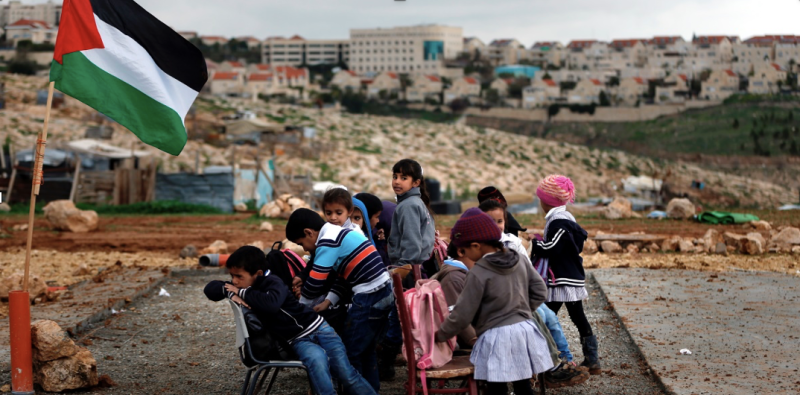
Bugün ise bu merhamet mirası, sınırların ötesinde; insanlığın utanç duyduğu bir coğrafyada, Gazze’de sınanmaktadır. Yüzlerce masum çocuğun hayata gözlerini yumması, annesiz kalan bebekler, suya hasret kalan aileler… Savaşın en ağır bedelini her zaman olduğu gibi çocuklar ödemektedir. Gözümüzün önünde yaşanan bu insani dram karşısında, bir şeyler yapmamak mümkün müdür?
Filistin’de, özellikle de Gazze’de yaşananlar bir coğrafi kriz değil; bir vicdan sınavıdır. Ve bu sınavda susan herkes, zalimin yanında sayılmaktadır. Oysa Anadolu’nun özünde sessiz kalmak değil; bir mum yakmak vardır. Mazluma ses olmak, zalime karşı durmak, işte asıl erdem budur.
Bir Şiir Kitabından Gazze'ye Uzanan Gönül Atilla Kurt
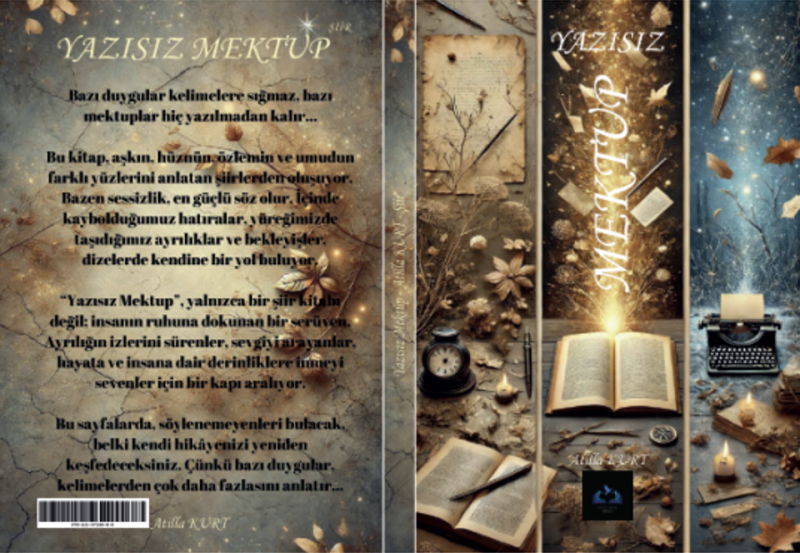
İşte böyle bir zamanda, bir dostumuzun attığı anlamlı adım; Anadolu’nun vakıf geleneğinin günümüzdeki yankısı oldu. Kalemini sadece estetik bir ifade aracı değil, aynı zamanda iyiliğe aracı olarak kullandı. “Yazısız Mektup” isimli şiir kitabından elde edilecek tüm geliri, Filistinli çocukların sağlık, hijyen ve temel yaşam ihtiyaçlarına harcamak üzere bağışlamayı tercih etti.
Bu davranış; hem bireysel bir vicdan hareketi, hem de kültürel hafızamıza tutulan güçlü bir aynadır. Çünkü vakıflar yalnızca taşla kurulmuyordu; niyetle, dua ile ve gönülle kuruluyordu. Ve gönül; bazen bir şiirde, bazen bir ekmekte, bazen bir su damlasında hayat bulur.
Son Söz Yerine: Merhamet Devam Ediyor
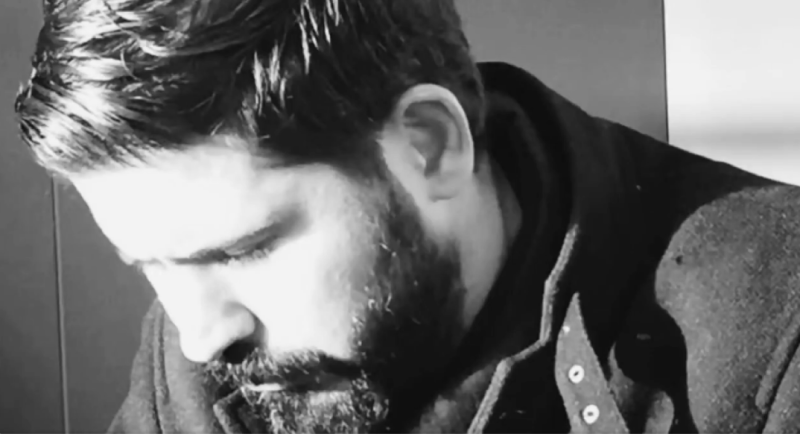
Anadolu’nun vakıf geleneği ölmedi. Sadece şekil değiştirdi. Bugün, Atilla Kurt’un “Yazısız Mektup” kitabının geliriyle; yarın bir konserin biletleriyle; belki bir çocuğun çizdiği resimle… Yeter ki niyet güzel olsun.
Merhamet, dilini değiştirse de özünü kaybetmez.
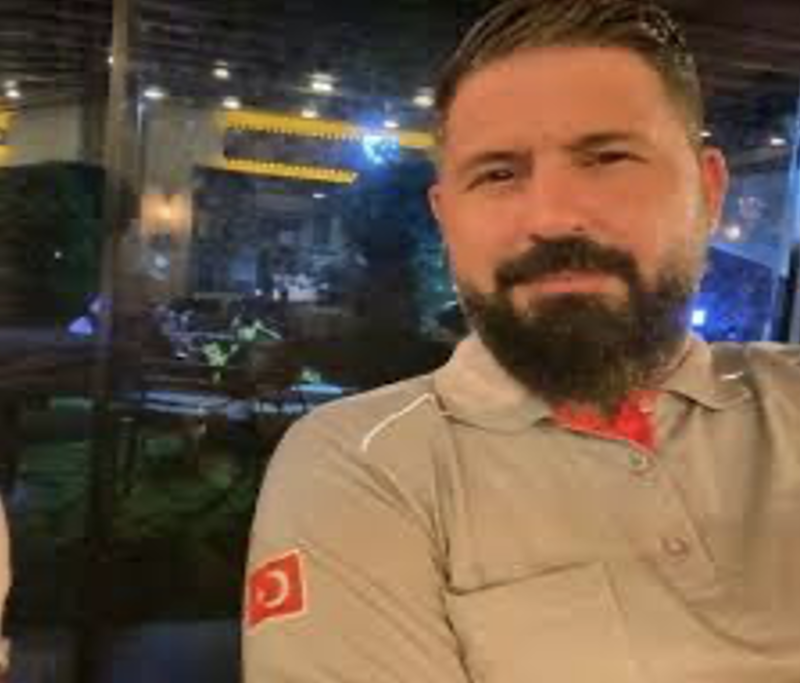
Bu yazı, Filistinli çocukların acılarına duyarsız kalmayan tüm gönül erlerine Atilla Kurt kardeşimizin “Yazısız Mektup” kitabını vesile kılarak bir teşekkürdür.
Ve bir çağrıdır: "Bir vakıf kuramasan da bir damla umut ol. Belki bir çocuğun gözyaşı diner."
Kitabı: "www.kitappazarim.com.tr/yazisiz-mektup" adresinden tedarik ede bilirsiniz.
Türkmen Kocası Yûnus Emre ile tamamlamak istiyorum:
Sevelim sevilelim
Bu dünya kimseye kalmaz!
.
Emrah Bekçi, dikGAZETE.com
***
EN
The Legacy of Compassion: A Bridge of Heart from Anatolia’s Waqf Culture to Gaza – Atilla Kurt
Throughout history, Anatolia has been not only the cradle of civilizations but also the heartland of compassion. These lands have earned their meaning not merely by stacking stones, but by uniting hearts. The people of Anatolia adopted sharing their bread, healing the wounded, and protecting the oppressed as a way of life. This understanding later took an institutional form: the culture of waqf (charitable endowments).
Compassion at the Heart of Anatolia: The Waqf Civilization
From the Seljuks to the Ottomans, waqfs established across Anatolia did not merely build mosques, schools, inns, or bathhouses. They also fed the hungry, healed the sick, sheltered orphans—and extended mercy even to birds, ants, and cats. These acts of goodness, carried out in the spirit of sadaqah jariyah (ongoing charity), became an eternal chain of blessings.
In an Ottoman archive, one might encounter a record such as “a servant tasked with feeding pigeons every morning,” or “a waqf official helping the elderly reach the mosque.” These waqfs were reflections of a spiritual wisdom that valued every creature simply for being created by the Creator.
Gaza: A Land Where Compassion Is Tested
Today, this legacy of compassion is being tested beyond borders—in a land that has become a shame for humanity: Gaza. Hundreds of innocent children are losing their lives. Infants are left without mothers. Families are deprived of clean water and medical care. As always, it is the children who bear the heaviest cost of war. Is it possible to remain indifferent in the face of such human tragedy?
What’s happening in Palestine, especially in Gaza, is not just a geographic crisis—it is a moral test. And in this test, silence is equivalent to siding with oppression. Yet, the essence of Anatolia does not lie in silence, but in lighting a candle. To be a voice for the oppressed, to stand up against the oppressor—that is the true virtue.
From a Book of Poetry to a Heartfelt Bridge Toward Gaza – Atilla Kurt
At such a time, a meaningful act by our dear friend has become a contemporary echo of Anatolia’s waqf tradition. He wielded his pen not just as a means of artistic expression, but as a tool for goodness. Atilla Kurt chose to donate all proceeds from his poetry book titled “Yazısız Mektup” (“Letter Without Words”) to meet the health, hygiene, and basic needs of children in Gaza.
This act is both a personal move of conscience and a powerful mirror reflecting our cultural memory. Because waqfs were not built solely with bricks—but with intention, prayer, and heartfelt sincerity. And sometimes, the heart finds expression in a poem, a loaf of bread, or a drop of water.
In Conclusion: Compassion Lives On
The waqf tradition of Anatolia is not dead—it has simply changed its form. Today, through Atilla Kurt’s “Yazısız Mektup”, tomorrow through the ticket sales of a charity concert, or perhaps through a child's drawing… All it takes is a sincere intention. Compassion may change its language, but it never loses its essence.
This article is a gesture of gratitude to all who refuse to remain indifferent to the suffering of children in Palestine—and it uses Atilla Kurt’s “Yazısız Mektup” as a humble symbol of this gratitude.
And a call to all:
“Even if you cannot build a waqf, become a drop of hope. Maybe, just maybe, a child’s tear will dry.”
You may order the book from: www.kitappazarim.com.tr/yazisiz-mektup
Let us close with the words of Yunus Emre, the devoted soul of Anatolia:
Let us love and be loved,
For this world will remain to no one.
.
Emrah Bekçi, dikGAZETE.com